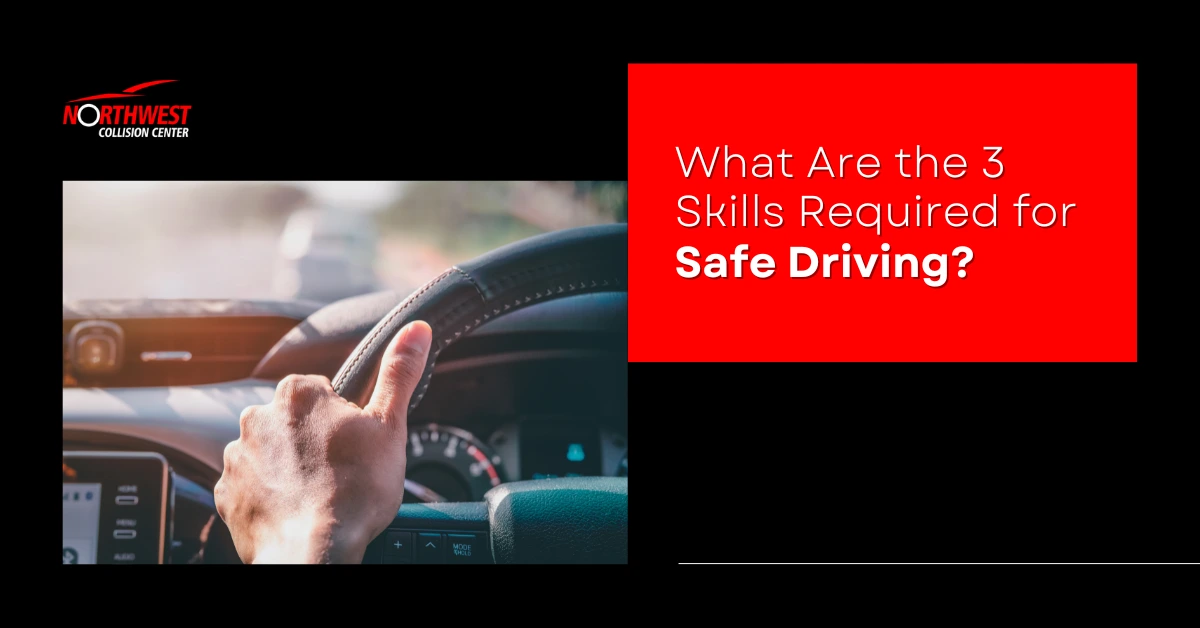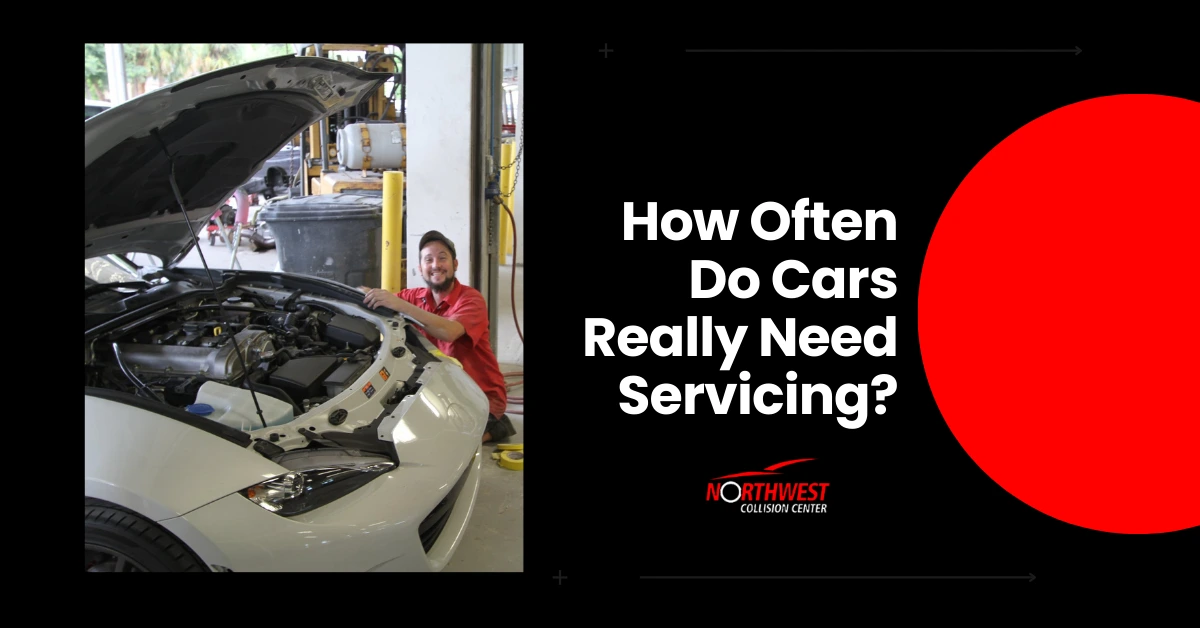Repairing damages to your vehicle may cost you more than you initially thought. Whether you’re repairing a fender bender, or a serious door dent, quality care for vehicle always comes at a high price. To avoid any unnecessary costs, try to understand the following points if you want to save money on vehicular repairs:
Always Check the Labor Rates
Before you to a mechanic to get your ride fixed, it is important to check and compare rates of 2 to 3 garages near your place and determine who will give you a better bang for your buck. Different shops have different rates depending on the damage that they deal with. Therefore, checking the rates will allow you to better assess which service to avail and thereby save money.
See if There is a Possibility of Paintless Dent Repair
Minor repairs can be fixed via paintless dent repair. This process costs less than the traditional repair processes provided by a repair garage. The paintless dent repair process allows mechanics to repair dents without having to paint the damaged area. The result of this process is also good when compared with the regular repair processes. So, do inquire about this process as it will surely cost less.
Try Repairing Minor Damages by Yourself
Most vehicle owners do not realize that many damages are so simple in nature that they can be easily managed with little effort. Repair of minor scratches or door jams you can easily do yourself. Also, there seems to be tons of assistance tools that you can use for a DIY job and you can even get good information from the internet.
Try Replacing Your Own Parts
Sometimes, it is better to replace any damaged part than to repair it. Items like bumpers or fenders are easy to replace and it is better to buy new ones rather than risking another repair job. So, do give some effort to it and save your money.










